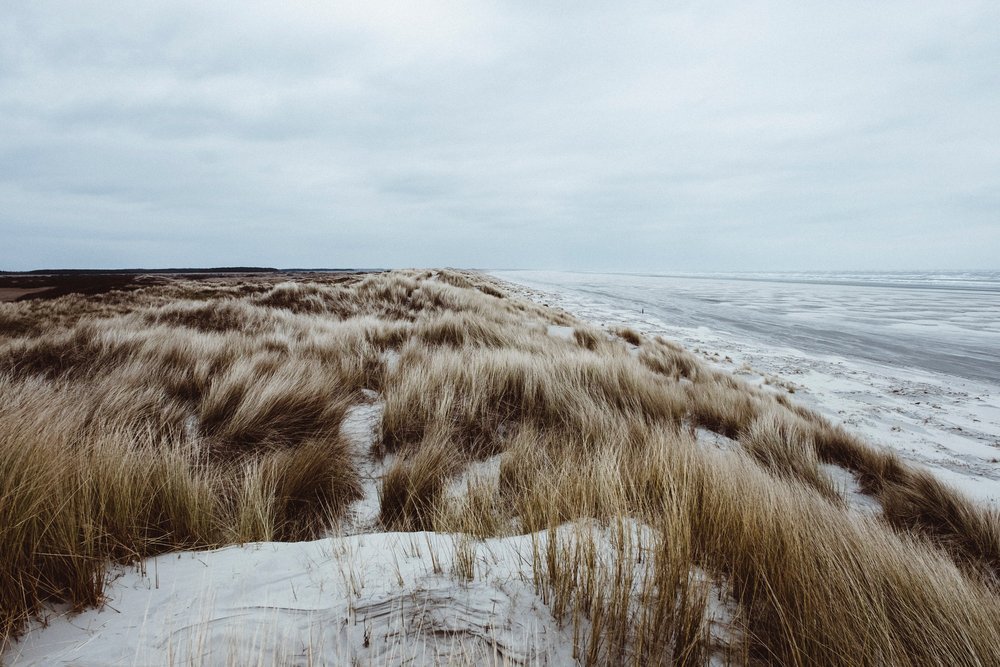THE TRANSITION TOWARDS A SUSTAINABLE MARINE TOURISM REGIME.
This research aims to propose action points for policy purposes with the objective to accelerate the transition towards a sustainable tourism regime to decrease the negative environmental impact of the marine tourism sector in the Netherlands and thus secure the existence of future marine tourism. The resource paradox is produced through the negative environmental impact of the marine tourism regime on a limited geographical area within the Netherlands. The origin of the marine tourism regime, the origin of the resource paradox and the different drivers and barriers behind the current trends within the regime are researched using desk research and interviews with relevant marine tourism companies.
The results indicate that the structure off the tourism regime, one of the main characteristics of a transition, is less visible than the other characteristics within this transition. Furthermore, the results highlight the importance of technological development as a driver and barrier throughout the trajectory of the tourism regime. The results also show the importance of certain drivers and barriers behind the main trends within the regime. The following three points of action are advised based on these results. The first point of action is to improve communication, to achieve a change of structure in the regime in the future. The second point of action is focused on the ever-increasing influence of the information-sharing culture. This action point is focused on changing the image of the Netherlands to induce behavioral change among the tourist. The last point of action is focused on the increasing demand of sustainable tourism facilities.
The research conducted indicates that the transition towards a sustainable tourism regime has started, when looking at the different characteristics of the transition. It concludes that this transition can be accelerated by the advised three points if action stated above. It is highlighted that, since the marine tourism regime is seen as a complex adaptive system that is continually changing, research has to be updated as often as possible to keep track of the trajectory towards a sustainable tourism regime and thus offer sufficient management.
Carmen Capendale

